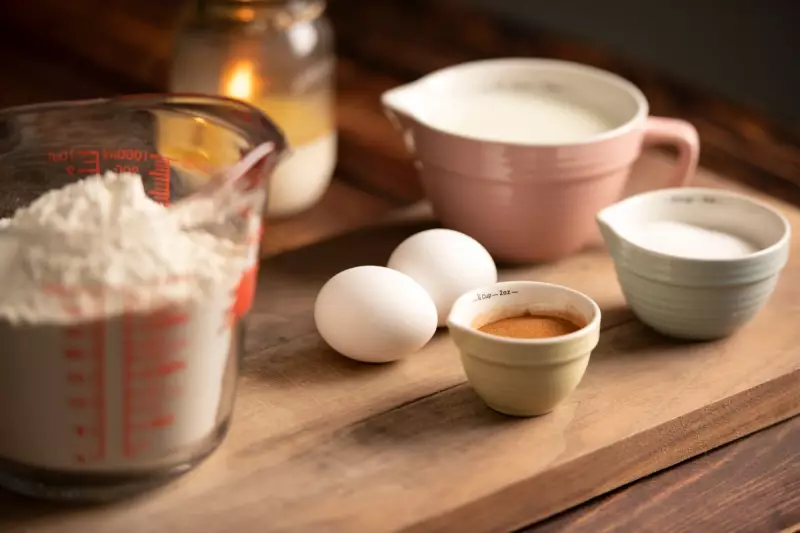
For centuries, cinnamon has been treasured in traditional medicine cabinets across the globe. Now, cutting-edge research from the University of Lincoln provides scientific validation for what herbalists have long claimed—this common spice possesses extraordinary medicinal properties.
The Science Behind the Spice
A comprehensive new study has demonstrated that cinnamon isn't just a festive flavouring—it's packed with powerful bioactive compounds that offer significant health benefits. Researchers found particularly strong evidence for its anti-inflammatory and antioxidant capabilities, which could explain its historical use in treating various ailments.
Key Findings from Lincoln Researchers
The research team employed rigorous scientific methods to analyse cinnamon's chemical composition and biological effects. Their findings reveal that regular consumption of cinnamon may:
- Reduce inflammation markers throughout the body
- Combat oxidative stress that contributes to ageing and disease
- Support metabolic health and blood sugar regulation
- Provide natural antimicrobial protection
Bridging Traditional Wisdom and Modern Science
This study represents a significant step in validating ethnopharmacological knowledge—the use of plants in traditional healing practices. For generations, cultures worldwide have used cinnamon to treat everything from digestive issues to respiratory conditions, and now science is catching up with this ancient wisdom.
Practical Implications for Health-Conscious Consumers
While researchers caution against viewing cinnamon as a miracle cure, they acknowledge its potential as a valuable dietary supplement. Incorporating cinnamon into your daily routine could provide a natural boost to your overall health regimen, particularly for those seeking complementary approaches to conventional medicine.
The research team emphasises the need for further clinical trials to establish optimal dosages and specific therapeutic applications. However, this study undoubtedly positions cinnamon as more than just a kitchen staple—it's a spice with serious medicinal credentials.





